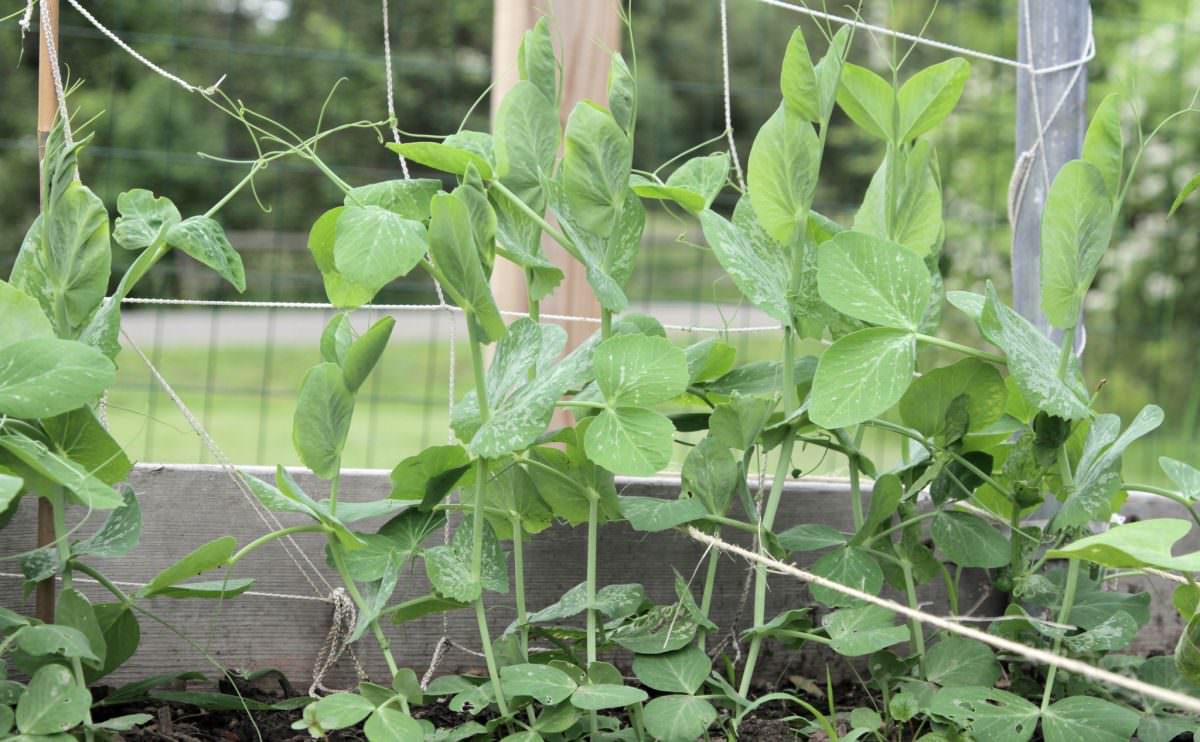These pea plants proved not so pea-brained. Well, they don't actually have brains, but you know what we mean.

The way plants respond to changes in their environment has only recently started to take off as a discipline – the science, for lack of a better term, of plant intelligence. (“Intelligence” is not a particularly accurate word here, but it’s close enough.) Now a team of scientists from Oxford University in the UK and Tel-Hai College in Israel have come up with a strange and specific study: Can plants assess their environment and take risks?
Animals are well known to take calculated risks; young carnivores, like felids and canids, perform practice hunting and play techniques – which can be risky – to learn important skills for later. Animals ranging from rats to mongooses have been known to assess an environment for danger and to weigh the benefits of proceeding (food, maybe) against the dangers (predators). Small birds have been seen flocking with larger birds to reduce the risk of predation.
But in plants, the capacity to understand and react to environmental changes based on risk/reward has not been demonstrated, until now. The researchers involved in this new study set up a few tests, involving the nutrient levels in various pots in which pea plants have been planted. The pea plants would have their roots split between two pots, and they could demonstrate preference by prioritizing growth in one of the pots over another.
The most interesting experiment: One pot was given a medium-low level of nutrients – enough to survive, but not to thrive. The other pot was given a widely varying level of nutrients – sometimes quite high, sometimes none at all. The pea plants, interestingly, chose the varying nutrient-level pot: They actively chose to gamble on the variable pot, hoping for a run of good luck. If the pot with the constant level of nutrients was a bit more nutritious, the pea plant would ignore the variable pot, indicating that it’s capable of figuring out the possible risk of choosing each pot.
“Like most people, including even experienced farmers and gardeners, I used to look at plants as passive receivers of circumstances,” said Efrat Dener, the lead author of the study, in the study’s press release. Not so much: Plants are smarter, and more active, than you might think.